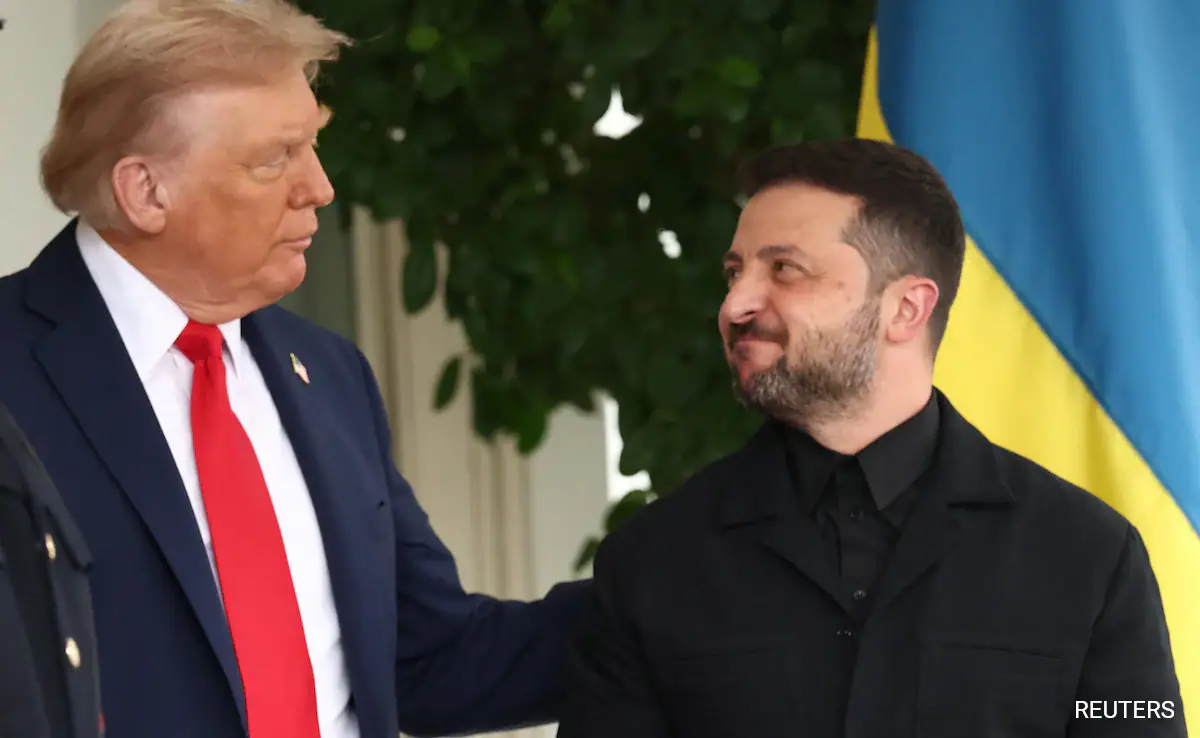Foreign Minister Abbas Araqchi said on Saturday that Iran plans to cooperate with the U.N. nuclear watchdog despite restrictions imposed by its parliament. However, he stressed that access to Iran’s bombed nuclear sites poses security and safety concerns. A new law passed in Iran following last month’s Israeli and U.S. bombing campaign stipulates that inspection of Iran’s nuclear sites by the International Atomic Energy Agency (IAEA) needs approval by the Supreme National Security Council, Iran’s top security body.
The Israeli and U.S. strikes targeted a nuclear programme which Western countries have long said was aimed at building an atomic weapon. Iran has maintained for a long time that its nuclear program is purely peaceful. It is likely that Iran will have to cooperate with the IAEA in any negotiations about its future nuclear program. The IAEA enraged Iran last month when it said that Tehran was breaking its commitments to the non-proliferation treaty on the day of the Israeli strikes. “The risk of spreading radioactive materials and the risk of exploding leftover munitions … are serious,” state media cited Araqchi as saying. “The safety of the inspectors themselves is a matter that must be examined,” says the IAEA, “for us, IAEA inspectors approaching nuclear sites has both a security aspect.” Advertisement · Scroll to continue
Araqchi told diplomats based in Tehran that Iran’s cooperation with the nuclear watchdog has not stopped, but it will change and be managed by the Supreme National Security Council. “The IAEA’s requests for continued monitoring in Iran will be … decided on a case-by-case basis by the Council with consideration to safety and security issues,” Araqchi said.
Iran will not agree to any nuclear deal that does not allow it to enrich uranium, Araqchi reiterated. Iran would only agree to talks that were restricted to its nuclear program and did not include missile defense issues. Axios cited sources on Saturday as saying Russian President Vladimir Putin had voiced support for the idea of an accord in which Tehran would be barred from enriching uranium. Iran’s semi-official news agency Tasnim quoted an “informed source” as saying Putin had not sent any such message to Iran.
Speaking to the state news agency IRNA, Araqchi said Iran was carefully considering the details of any renewed nuclear talks with the U.S. and seeking assurances that Washington would not again resort to military force. “We are in no hurry to enter into unconsidered negotiations,” he added.
Araqchi also said any move by Britain, France and Germany to reimpose international sanctions on Iran through a so-called “snapback” mechanism under an earlier nuclear deal would “end Europe’s role” in Iran’s nuclear issue.
Under the terms of a U.N. resolution ratifying a 2015 nuclear pact, the three European powers could reimpose United Nations sanctions against Tehran by October 18, 2025.
Iran says it will work with IAEA but inspections may be risky

Categories:



